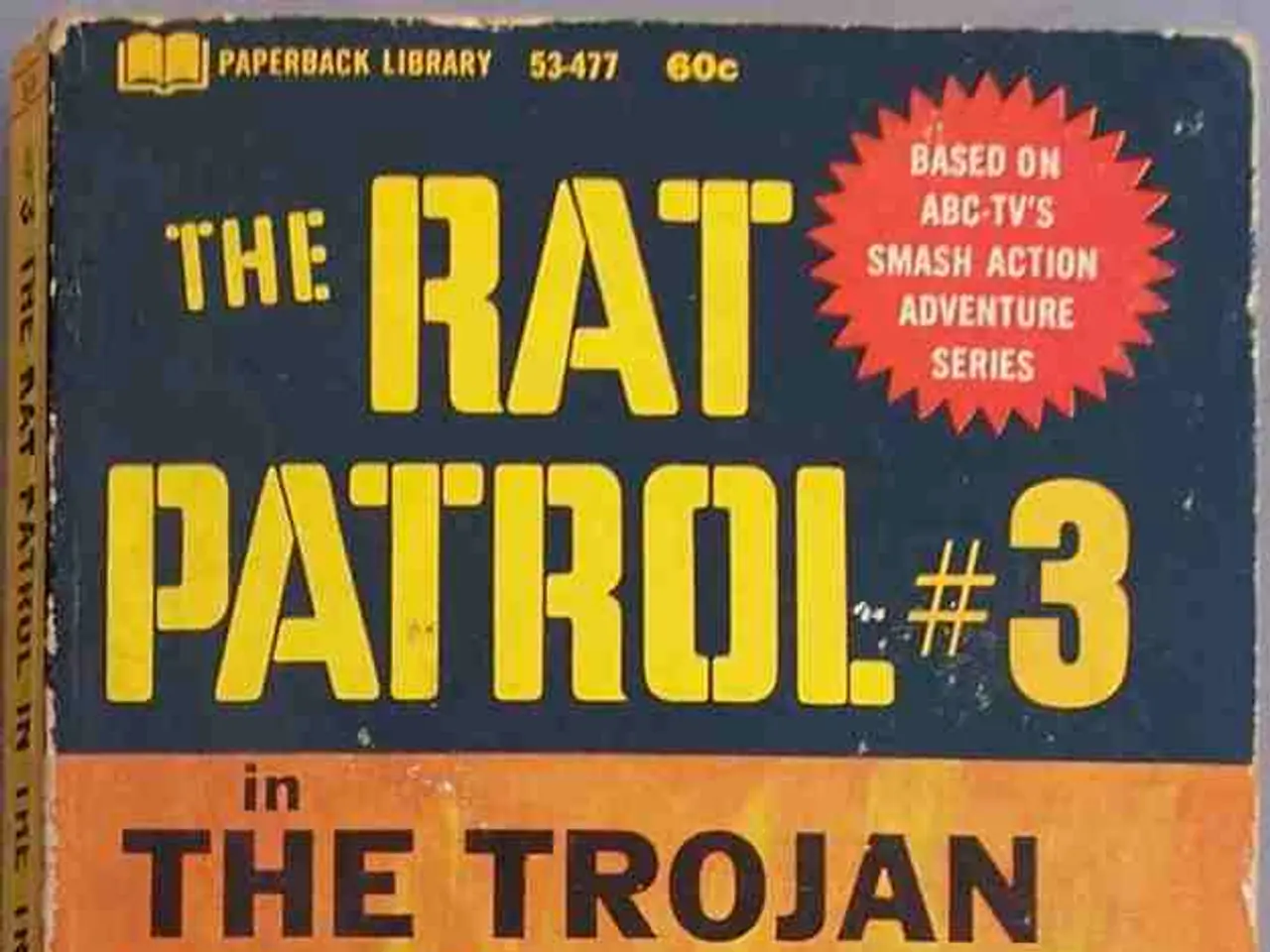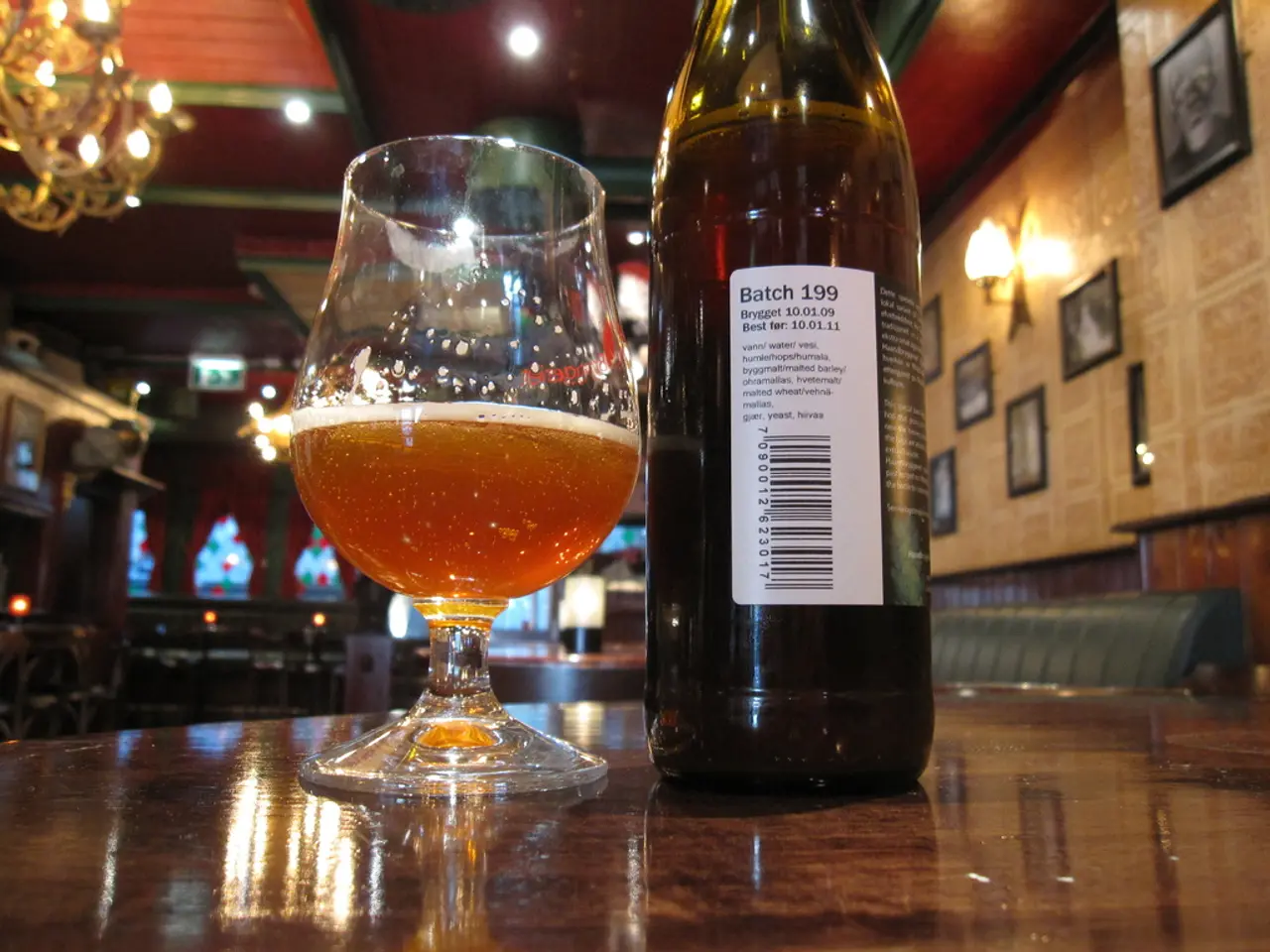Military Manual: Strategies for Securing Asian Land Wars
The Turning Point in Burma: The Fourteenth Army's Victory Against the Japanese
In the heart of World War II, on the vast 700-mile battlefront that spanned Burma, a remarkable story unfolded. Led by the charismatic General William Slim, the Fourteenth Army fought a relentless battle against the Japanese, turning the tide of the war and securing one of the most significant victories for the Allies.
When Slim arrived in Burma in 1942, he found the intelligence grim. The Burmese population was hostile, morale was low, and his troops were ill-equipped for jungle warfare. Yet, Slim, a former pulp fiction writer under the name Anthony Mills, took command of a force that had been mismanaged by five different higher headquarters in sixteen months.
Slim's leadership was instrumental in the Army's success. He innovated tactics tailored to the jungle terrain, incorporating guerrilla warfare and aerial resupply. His strategy, adaptable to broken terrain with no continuous front lines, allowed for efficient defensive and offensive operations.
Two strategic defensive victories at Imphal and Kohima in northeast India were pivotal. The Fourteenth Army repelled major Japanese attempts to invade India, forming a spirited rearguard that delayed and wore down Japanese forces before the subsequent Allied offensive that recaptured Burma.
The Army's victory was also bolstered by strong Indian contributions and support. British India provided troops, money, and political backing from many Indian leaders and communities, bolstering manpower and resources for the Fourteenth Army and the wider Allied war effort against Japan.
Moreover, the Fourteenth Army counterbalanced Japanese early successes and air superiority with determined ground resistance and improved Allied air support in later stages. Although early campaigns in Malaya and Burma had suffered due to Japanese air superiority and better-trained Japanese troops, Fourteenth Army tactics evolved to meet these challenges.
The combined efforts of Slim's innovative tactics, strong Indian collaboration, previous defensive experiences, and coordinated Allied multi-theater pressure were crucial to the Fourteenth Army’s successful defense of India against Japanese invasion during World War II.
George MacDonald Fraser, author of the Flashman series, served as a lowly private fighting under Slim in the jungles of Burma. His memoir, Quartered Safe out Here, describes the difference between military strategy and the experiences of soldiers on the ground. John Masters, an Indian Army officer and later a noted novelist, wrote the greatest literary memoir of a staff officer at war, The Road Past Mandalay.
Even outside the battlefield, Burma left its mark. Takeyama Michio wrote Harp of Burma, a children's novel that explains Japan's psychological defeat in the war. Slim's war memoir, with its engaging style possibly due to the author's second career as a pulp fiction writer, is also a delight to read.
The story of the Fourteenth Army's victory in Burma is a testament to the power of effective leadership, strategic planning, and the indomitable spirit of the soldiers who fought for freedom. It serves as a reminder of the sacrifices made and the triumphs achieved during one of the darkest periods in human history.
- General William Slim, a former pulp fiction writer, demonstrated exceptional intelligence and innovative strategies in his military education, tailoring tactics for the jungle terrain and incorporating guerrilla warfare and aerial resupply.
- Despite initial challenges with a hostile population, low morale, and ill-equipped troops, Slim led the Fourteenth Army in special operations, employing adaptable strategies that allowed for efficient defense and offense in the midst of broken terrain with no continuous front lines.
- The Fourteenth Army's victory against the Japanese in Burma was bolstered by strong defense strategies, strategic partnerships with Indian forces, and improved warfare tactics that counterbalanced early Japanese successes and air superiority.
- Post-war, accounts of the Fourteenth Army's victories in Burma were documented in books such as George MacDonald Fraser's Quartered Safe out Here and John Masters' The Road Past Mandalay.
- Beyond the battlefield, the story of the Fourteenth Army's victory in Burma has left a lasting impact on entertainment and sports, with works like Takeyama Michio's Harp of Burma and Slim's own war memoir serving as reminders of the power of resilience and decisive defense in the face of adversity.








